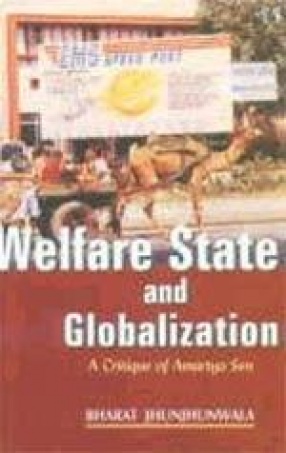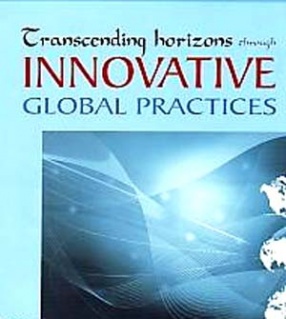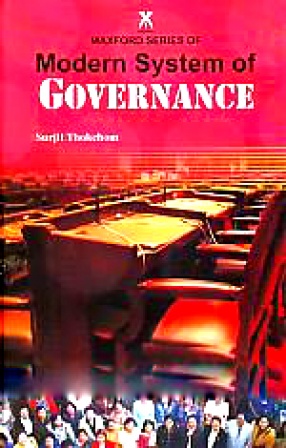This book puts forth a strong argument that equality between presently developing and industrial countries is not only possible but is inevitable. This march towards equality is being held back by the ideology of redistribution espoused by Amartya Sen and a large number of agencies including the World Bank and the IMF, United Nations and western NGOs. The author demolishes Sen’s case for redistribution by appealing to the Sanatana tradition, including Rabindranath Tagore. He places the concept of evolution–transcendence of one’s lower desires to move to higher ones–at the centre. He shows that the Sanatana economic thinking of limiting the role of the state in the provision of public goods, encouraging business to spend in charity and promoting self-effort of the common man in improving his lot alone can secure the well-being of all the people. The book also pleads against the present consensus on welfare state and foreign investment. It is shown that these policies are doubly harmful: they hinder the evolution of the individual as well as attainment of equality between nations. The book will immensely benefit all those who are concerned about the welfare of the people of India including teachers, NGOs, political activists and general readers.
Welfare State and Globalization: A Critique of Amartya Sen
In stock
Free & Quick Delivery Worldwide
Bibliographic information
Title
Welfare State and Globalization: A Critique of Amartya Sen
Author
Edition
1st ed.
Publisher
ISBN
8170335672
Length
406p., Tables.
Subjects








There are no reviews yet.